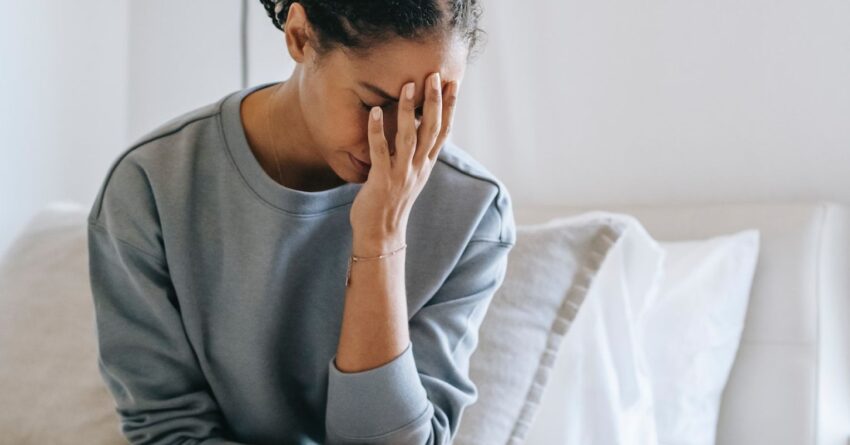[1] P. M. Kris-Etherton et al., “Nutrition and behavioral health disorders: Depression and anxiety,” Nutr Rev, vol. 79, no. 3, pp. 247–260, 2021, doi: 10.1093/nutrit/nuaa025.
[2] R. Norbury and S. Evans, “Time to think: Subjective sleep quality, trait anxiety and university start time.,” Psychiatry Res, vol. 271, pp. 214–219, 2019, doi: 10.1016/j.psychres.2018.11.054.
[3] C. Ji, J. Yang, L. Lin, and S. Chen, “Physical Exercise Ameliorates Anxiety, Depression and Sleep Quality in College Students: Experimental Evidence from Exercise Intensity and Frequency,” Behavioral Sciences, vol. 12, no. 3, 2022, doi: 10.3390/bs12030061.
[4] S. L. Chellappa and D. Aeschbach, “Sleep and anxiety: From mechanisms to interventions,” Sleep Med Rev, vol. 61, p. 101583, 2022, doi: 10.1016/j.smrv.2021.101583.
[5] S. Mörkl et al., “The role of nutrition and the gut-brain axis in psychiatry: A review of the literature,” Neuropsychobiology, vol. 79, pp. 80–88, 2020, doi: 10.1159/000492834.
[6] B. Stubbs et al., “Physical activity and anxiety: A perspective from the World Health Survey,” J Affect Disord, vol. 208, pp. 545–552, 2017, doi: 10.1016/j.jad.2016.10.028.
[7] V. Magnon, F. Dutheil, and G. T. Vallet, “Benefits from one session of deep and slow breathing on vagal tone and anxiety in young and older adults,” Sci Rep, vol. 11, p. 19267, 2021, doi: 10.1038/s41598-021-98736-9.
[8] C. J. Bolstad, B. Porter, C. J. Brown, R. E. Kennedy, and M. R. Nadorff, “The relation between pet ownership, anxiety, and depressive symptoms in late life: Propensity score matched analyses,” Anthrozoos, vol. 34, no. 5, pp. 671–684, 2021, doi: 10.1080/08927936.2021.1926707.
[9] V. Graff, L. Cai, I. Badiola, and N. M. Elkassabany, “Music versus midazolam during preoperative nerve block placements: A prospective randomized controlled study,” Reg Anesth Pain Med, vol. 44, no. 8, pp. 796–799, 2019, doi: 10.1136/rapm-2018-100251.
